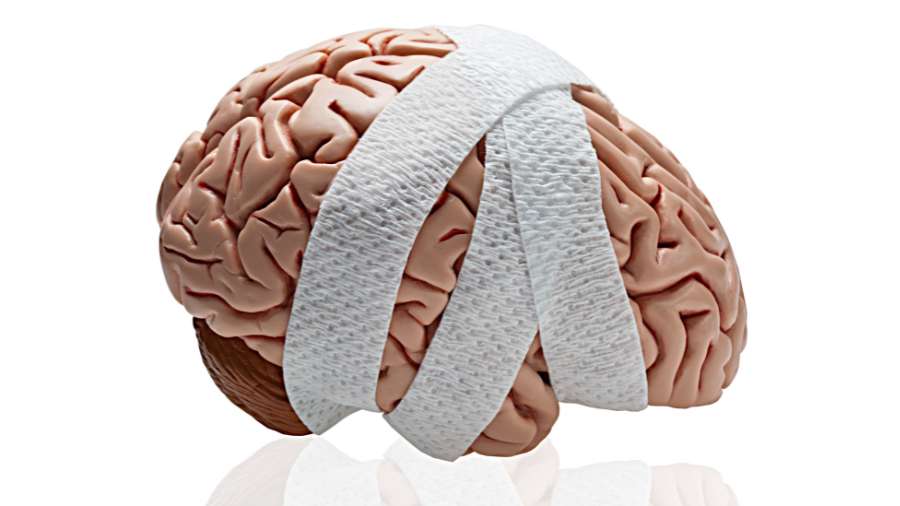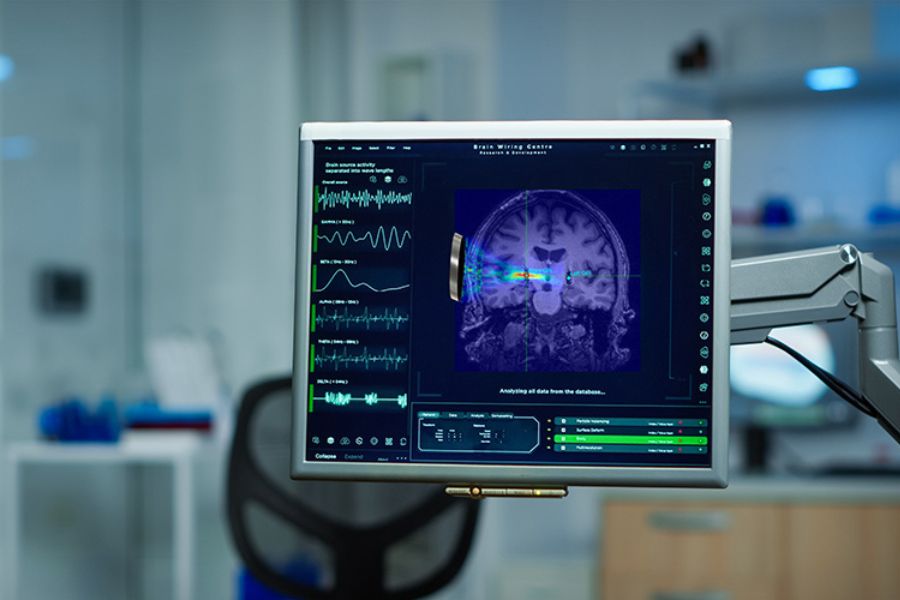
Discover essential insights on concussion care and prevention from Dr. Charles Tator, Director of UHN’s Canadian Concussion Centre. Dr. Tator shares the latest in concussion research in Krembil Brain Institute’s YOUR HEALTH Magazine.

1. What is a concussion?
It’s an extremely common brain injury that, in most cases, responds to treatment. However, significant complications can occur if it’s not managed correctly, including prolonged disability and even death.
2. How can someone get a concussion?
While often associated with sports and recreation, there are other frequent causes: being hit by something on the head, motor vehicle crashes, injuries at work and domestic violence.
3. What are the common symptoms?
Only a small percentage of concussions cause unconsciousness. More common symptoms include nausea, vomiting, headaches, dizziness and memory impairment, but some only show up in certain activities, like computer use causing headaches or a feeling of imbalance.
4. What should you do if you think you or someone else has a concussion?
Seek advice from a medical doctor or a nurse practitioner. In Ontario, these are the only two types of healthcare professionals that can diagnose a concussion.
5. What happens in the brain when a concussion occurs?
Scientists at Krembil are using advanced imaging to determine if concussions can cause blood flow problems to the brain and searching for biomarkers in the blood to diagnose concussion earlier.
6. How do you treat a concussion today?
The guidelines used to recommend avoiding stimulation after a concussion, but that’s changed. The current approach is to wait 12 to 24 hours, and then resume physical activity in moderation. But it’s important to consult a medical professional as each patient’s circumstances are unique.

No one ever changed the world on their own but when the bright minds at UHN work together with donors we can redefine the world of health care together.


